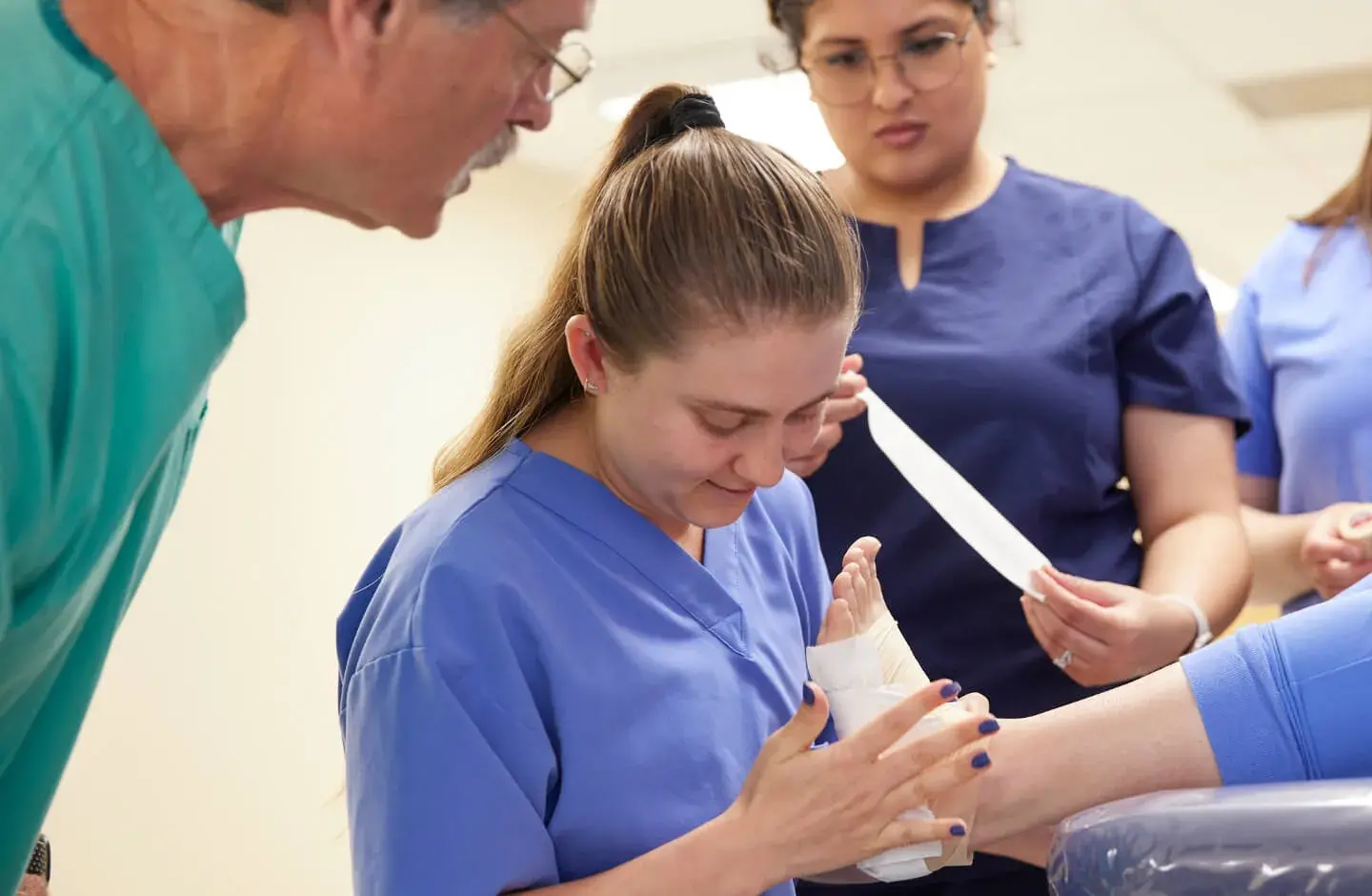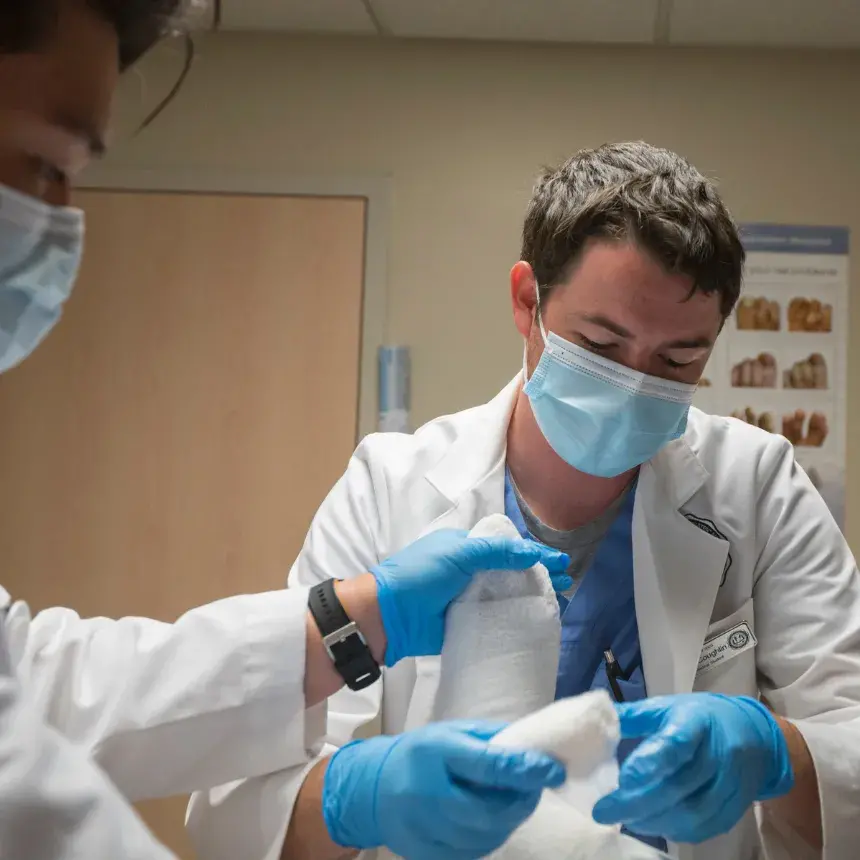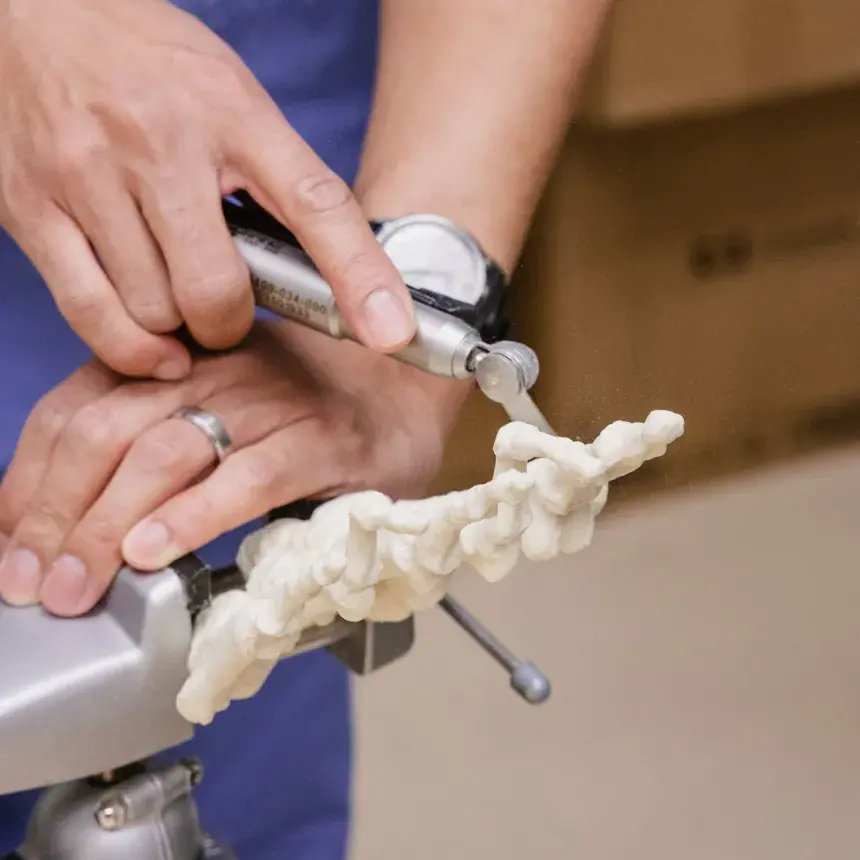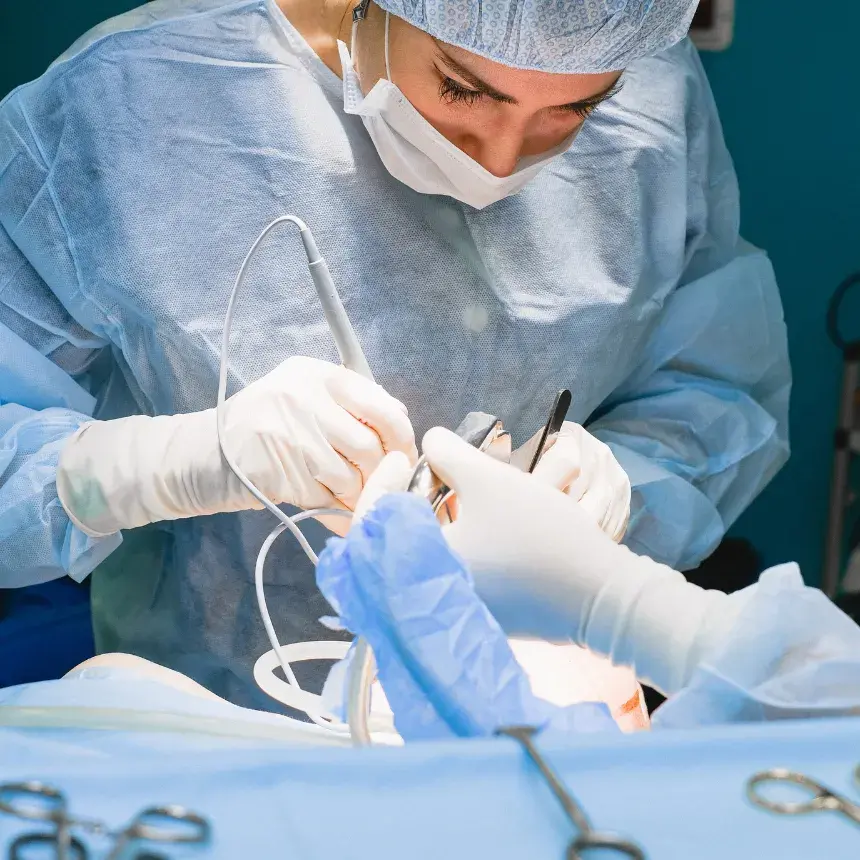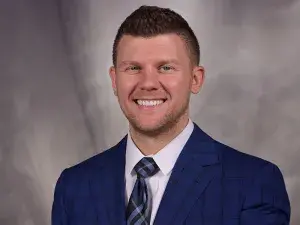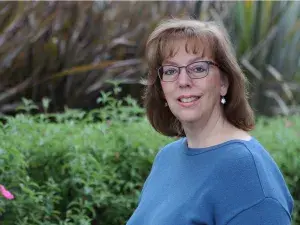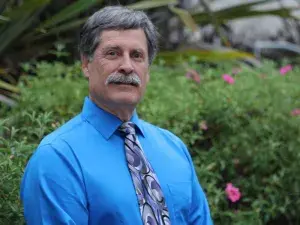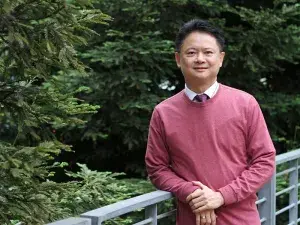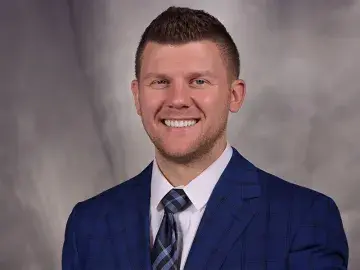The College of Podiatric Medicine is proud to offer a variety of ways to fund your education, including scholarships, work study and student loans. The first step in applying for financial aid at SMU is to submit your Free Application for Federal Student Aid (FAFSA).
All accepted Bridge to Podiatric Medicine program students receive the Regents Scholar Tuition. The average annual cost (including all university fees*) is $90,148.50. The total cost is guaranteed for the duration of the program.
*Fees do not include health insurance.
Samuel Merritt University has received $10 million from the estate of Russell Odell Lewis, DPM ’65, the largest single donation in the school’s 113-year history. His transformative estate gift dramatically expands the scholarship resources broadening educational access for students with financial needs and furthering SMU’s mission to diversify the healthcare field. The fund was first established in 2007, after the death of Dr. Lewis’s wife, to provide annual scholarships to nursing and to podiatric medical students.
Western Interstate Commission for Higher Education (WICHE) grants are available for students from specific western states. More information is available at www.wiche.edu. Please direct your attention to the PSEP program. As candidates/students can come from any of the participating states, state guidelines may differ.
Your financial aid package at Samuel Merritt University is personalized to you. We develop your financial aid package using guidelines set by the Department of Education and the estimated costs of the College of Podiatric Medicine.
In addition to the cost of tuition and fees, financial aid can also cover other indirect educational costs, including:
- Books and supplies
- Room and board
- Transportation
- Personal expenses
- Other fees as determined by the College of Podiatric Medicine
Managing your Cost of Living
Once you receive your financial aid package, check the amount of the award against your actual living expenses, and we can make necessary adjustments to meet your needs. By incorporating cost-effective practices such as shared housing, transit discounts, and more, the average cost of living in the Bay Area for our students is calculated to be about $27,000/year.
Detailed information about financial aid, budgeting, total cost, and application processes is available using the button below.
Financial aid info
We realize that the financial aid process can be difficult and overwhelming. We are here to help. Financial Aid staff can assist with budgeting, understanding your awards, and understanding the process. We have an open door policy and are available via email or phone at finaid@samuelmerritt.edu or 510-879-9200.
